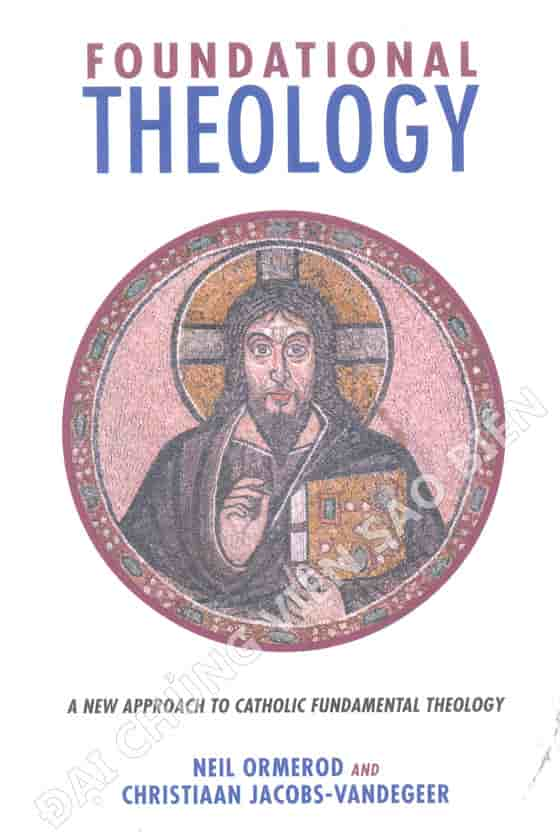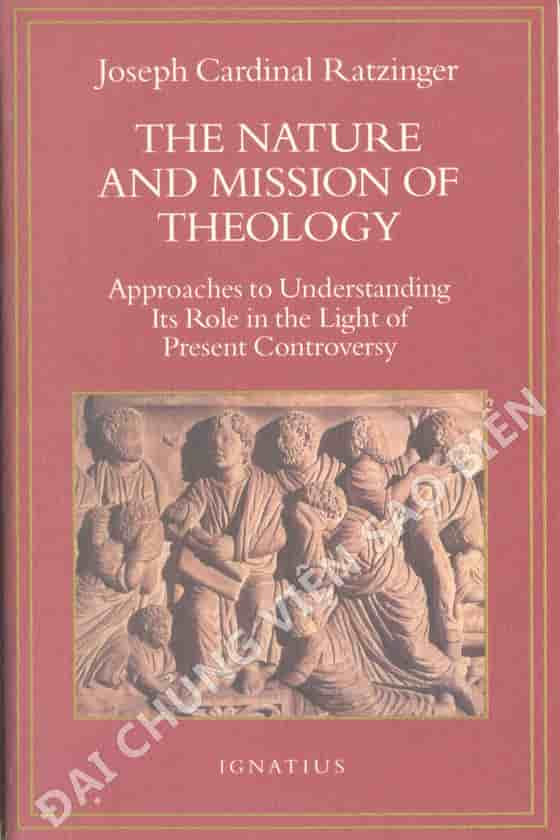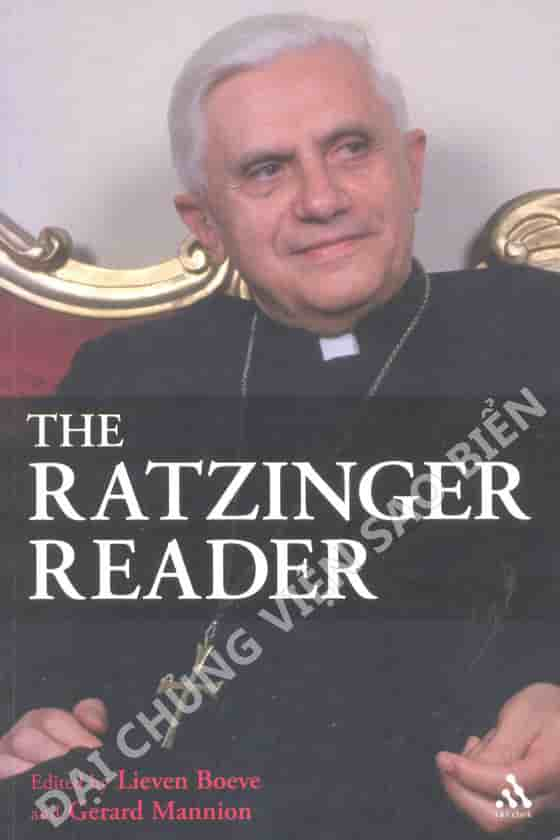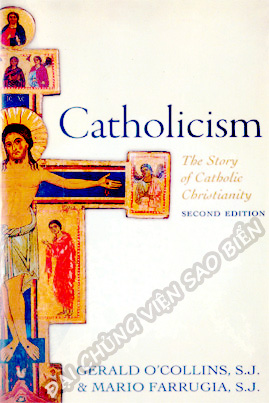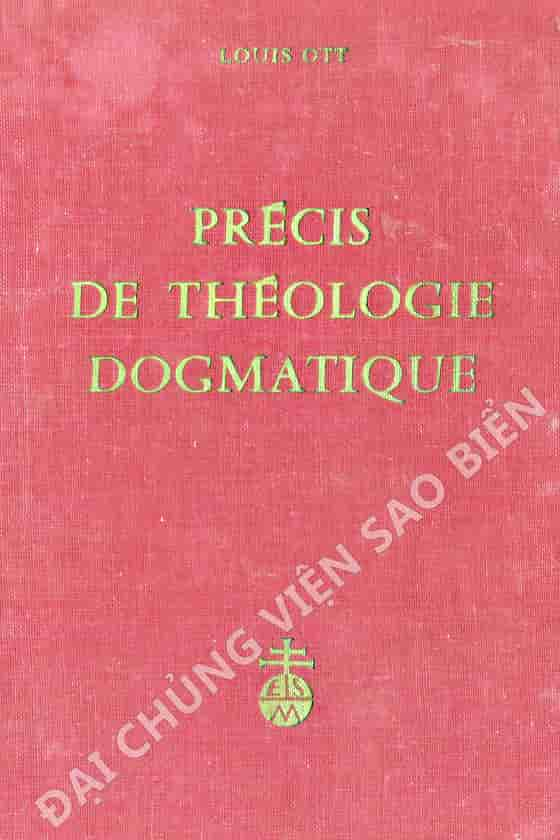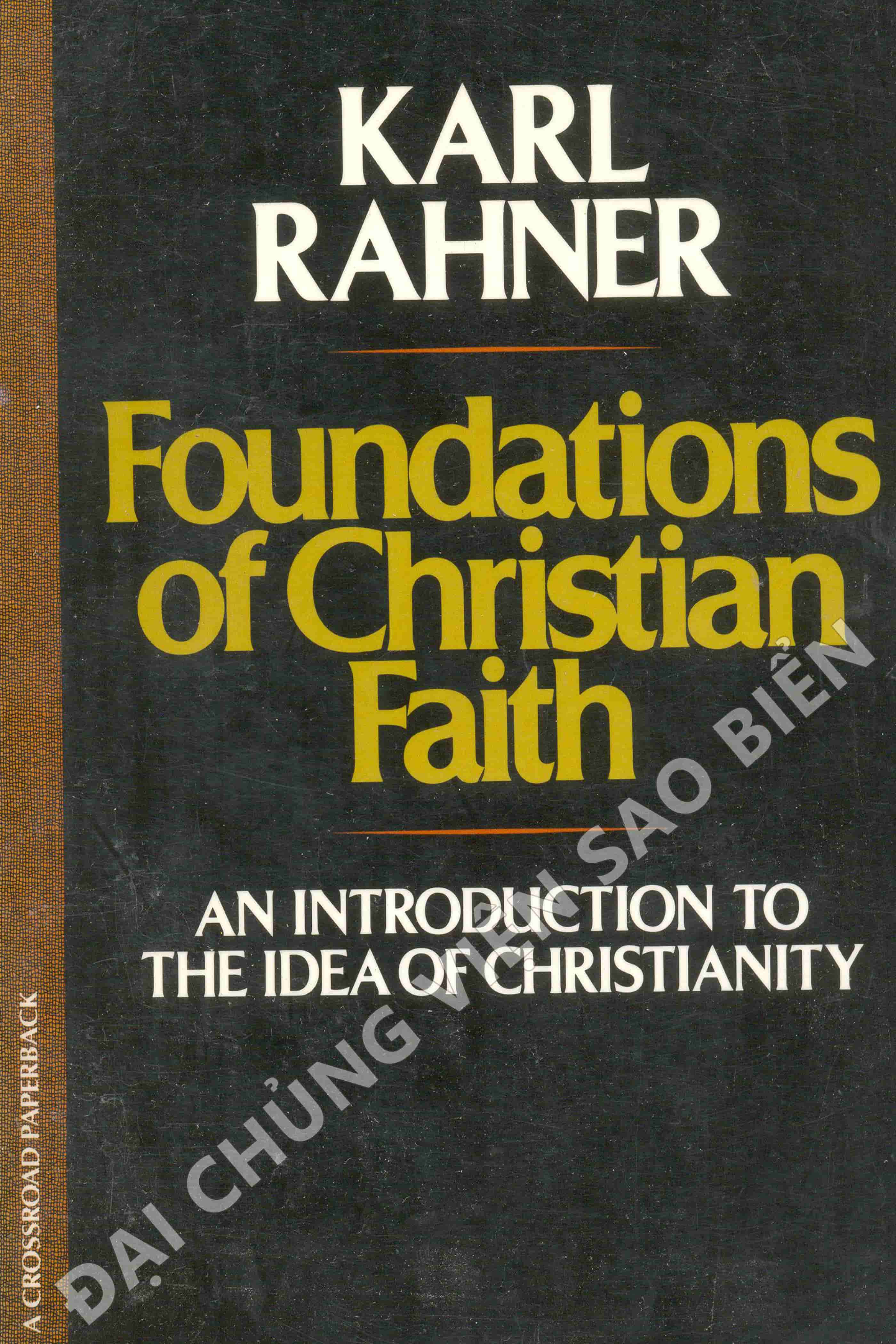| Foreword |
7 |
| PART I: |
|
| PRESUPPOSITIONS AND BASES OF THEOLOGICAL WORK |
|
| Faith, Philosophy and Theology |
13 |
| 1.The Unity of Philosophy and Theology in Early Christianity |
13 |
| 2.From Distinction to Opposition |
16 |
| 3.Toward a New Relationship |
22 |
| A Concluding Observation: Gnosis, Philosophy and Theology |
28 |
| On the Essence of the Academy and Its Freedom |
31 |
| 1.Dialogue |
32 |
| 2.Freedom |
34 |
| 3.The Center: Truth as the Basis and |
|
| Measure of Freedom |
37 |
| 4.Cult |
40 |
| PART 2: |
|
| THE NATURE AND FORM OF THEOLOGY |
|
| The Spiritual Basis and Ecclesial Identity of Theology |
45 |
| 1. The New Subject as the Precondition and Foundation of All Theology |
50 |
| 2. Conversion, Faith and Thought |
55 |
| 3- The Ecclesial Character of Conversion and Its Consequences for Theology |
58 |
| 4- Faith, Proclamation and Theology |
61 |
| 5.The Temptation and Greatness of Theology |
69 |
| Pluralism as a Problem for Church and Theology |
73 |
| 1.The Limit of the Church’s Claim and the Plurality of Human Options |
73 |
| 2.Pluralism within the Church |
82 |
| a.The universal Church and the particular churches |
85 |
| b.Theology and theologies |
90 |
| PART 3: |
|
| APPLICATIONS |
|
| On the “Instruction concerning the Ecclésial Vocation of the Theologian” |
101 |
| Prefatory Note |
101 |
| 1.Presentation |
101 |
| 2.Toward a Discussion of the Text |
107 |
| a.Authority only in the case of infallibility? |
111 |
| b.The Magisterium, the university and the mass media |
114 |
| c.Prophetic vs. episcopal tradition? |
118 |
| Questions concerning Priestly Formation in Germany |
121 |
| Prefatory Note |
121 |
| 1.Problems |
122 |
| 2.In Search of Answers |
125 |
| a.On the future development of the faculties and related institutes |
126 |
| b.The significance of the seminary |
127 |
| Acknowledgments |
129 |
















